Let’s get curious about
data!
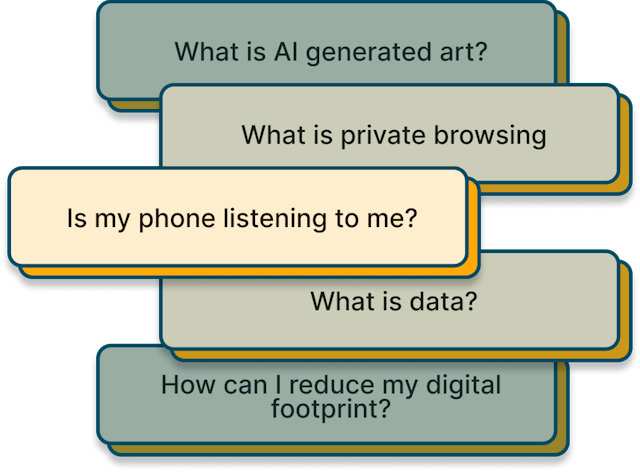
It can be daunting to figure out what’s going on with our data.
We created this website because digital agency begins with having the right information to make informed decisions.
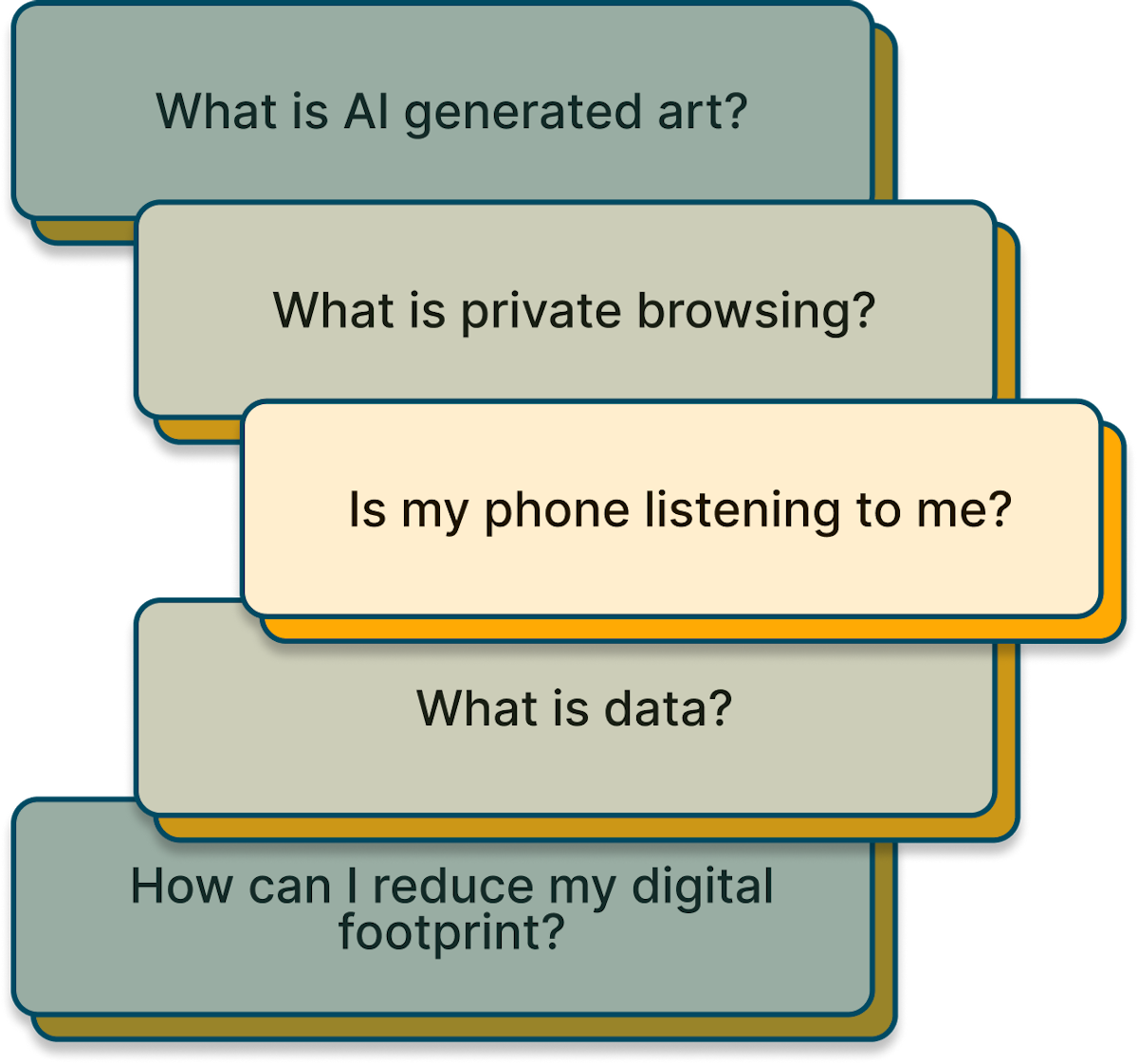
Articles

How do AI tools use personal data?
Is it safe to enter personal information into AI chats? What happens to this data once it’s been inputted, and is it possible to delete it? This article will explain some of the AI data fundamentals.

Is public wifi safe to use?
Is it safe to connect to public wifi? Is my data protected? This article will try to answer these questions for you, first briefly, followed by a more detailed explanation.
What is a virtual private network (VPN)?
More and more people are using VPNs to protect their personal information online. What are they and how do they work?
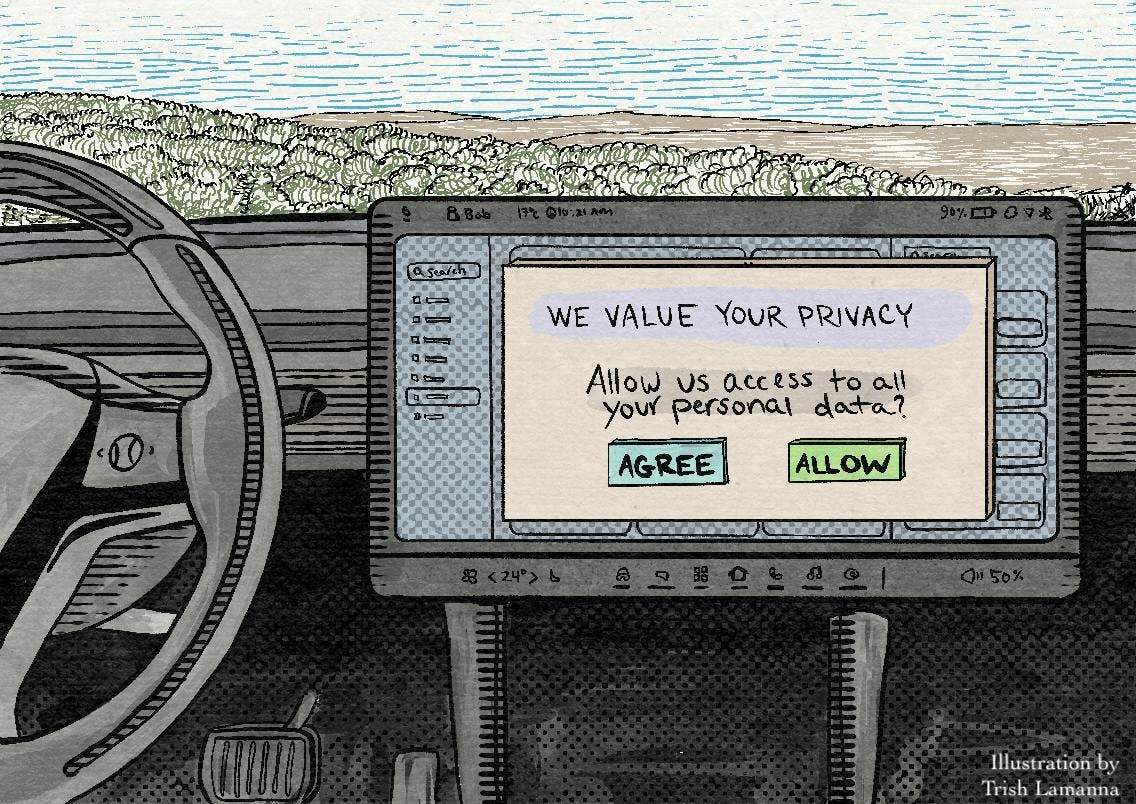
What does my car know about me?
Today's cars know a lot about you. Find out what they know, how, and what you can do about it.

Data Curious's Second Solano Stroll
On September 10th, Data Curious participated in the Solano Stroll for the second year in a row! This year, we asked: What was your favorite summer activity with a loved one, and was it in real life or during screen time?
What does “cookie preferences” mean?
Instead of swatting away a popup that asks you about cookies, you can answer those questions with confidence. This article explains what cookies are, how they work, and what they are used for.
What is an encrypted message?
With more and more companies advertising privacy and security, one common term thrown around is encryption. But what really is encryption and how does it protect us? Here is a simple explanation of encryption, why it matters, and what you can do to protect your messages.
How did we approach web analytics for Data Curious?
If you host a website and are interested in learning more about who visits your site and how they engage, there are a lot of web analytics tools out there. Here we answer how we chose one for Data Curious.
What is private browsing?
Are you curious about “private” browsing? What makes it private? What doesn’t make it private? Here we answer some questions about privacy and your browser.
What is AI Generated Art?
Are you curious about how art gets made by artificial intelligence? This article explains the basic technology and potential concerns about AI generated art.
What can I do to protect myself from trackers?
In Why Trackers? we answered what trackers are and what purpose they serve. Here, we answer what you can do to have more agency.
How can I reduce my digital footprint?
If you use the internet, you have a digital footprint. Learn more about what you can do to reduce and manage traces of yourself online.
Why trackers? What purpose do they serve?
Information about you is collected every time you visit a website. In this entry we answer, “Why trackers? What purpose do they serve?”
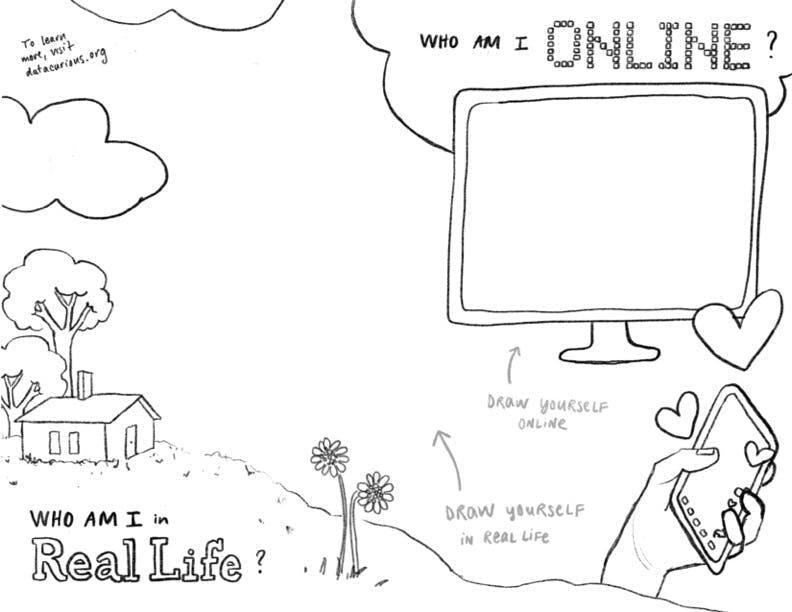
What can I do to protect myself online?
We use technology all the time. But it’s hard to know what’s going on with your data and what you can do to protect yourself. Here are some easy steps to make your online experience a little bit safer.
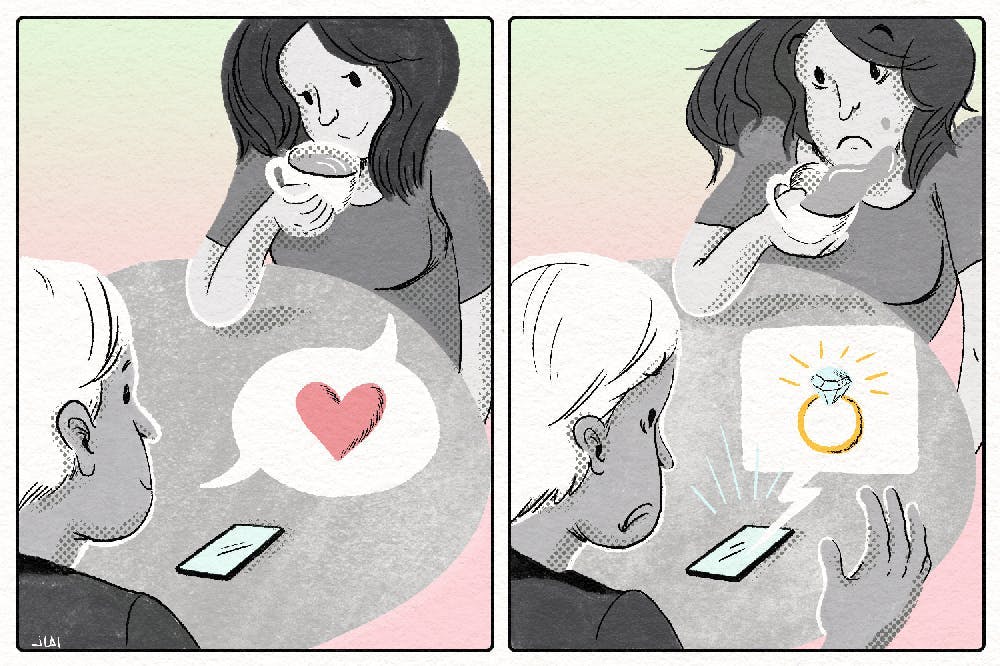
Is my phone spying on me?
A number of data sources—like your phone number, linked accounts, browsing history, your demographics, and even who you’re standing near—create such an accurate portrait of you that it’s like your phone is “spying” on you to deliver hyper-targeted ads.
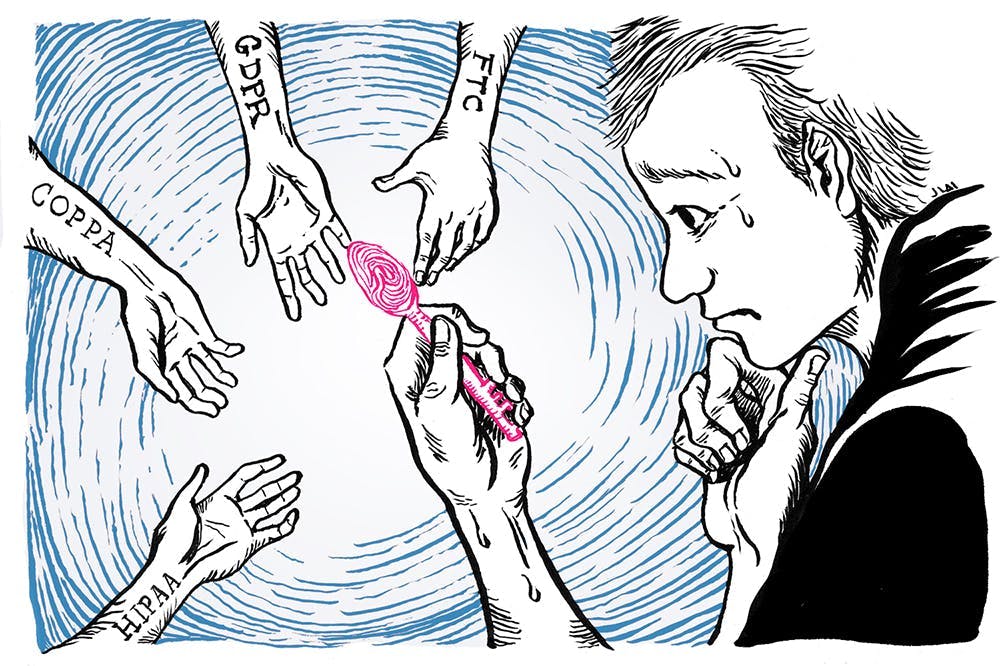
How do privacy laws protect us?
Privacy laws require websites to disclose what information they collect. Depending on where you live and what the laws are, privacy laws can range from cookie banners to deleting and amending our digital data.
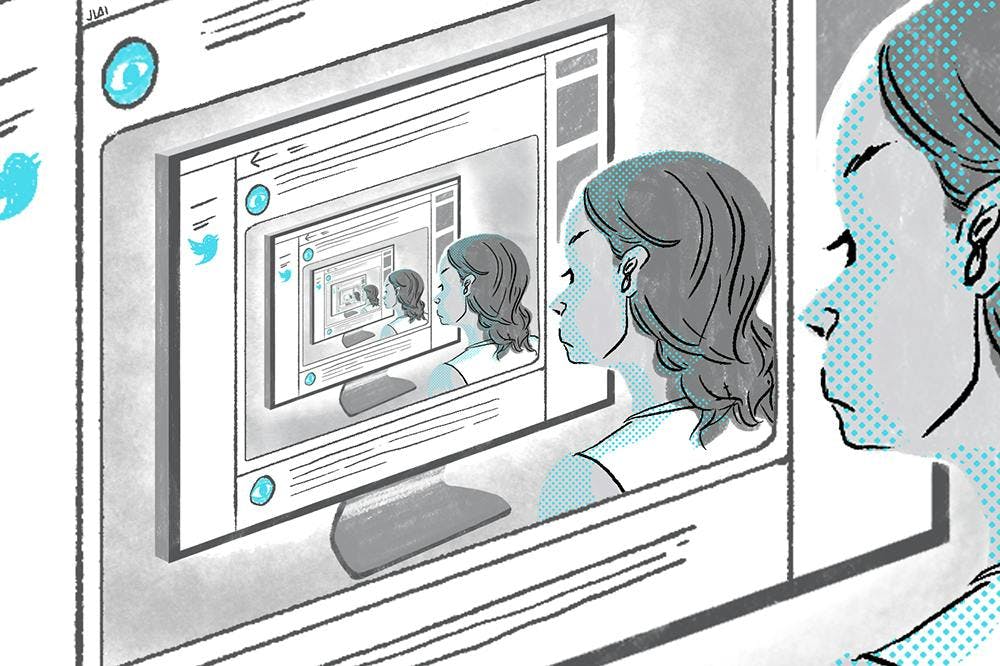
Why is social media so addicting?
Time spent on an app, how long you stay to read a post, where and what you click: All those behaviors are data used to tailor your experience and keep you engaged.
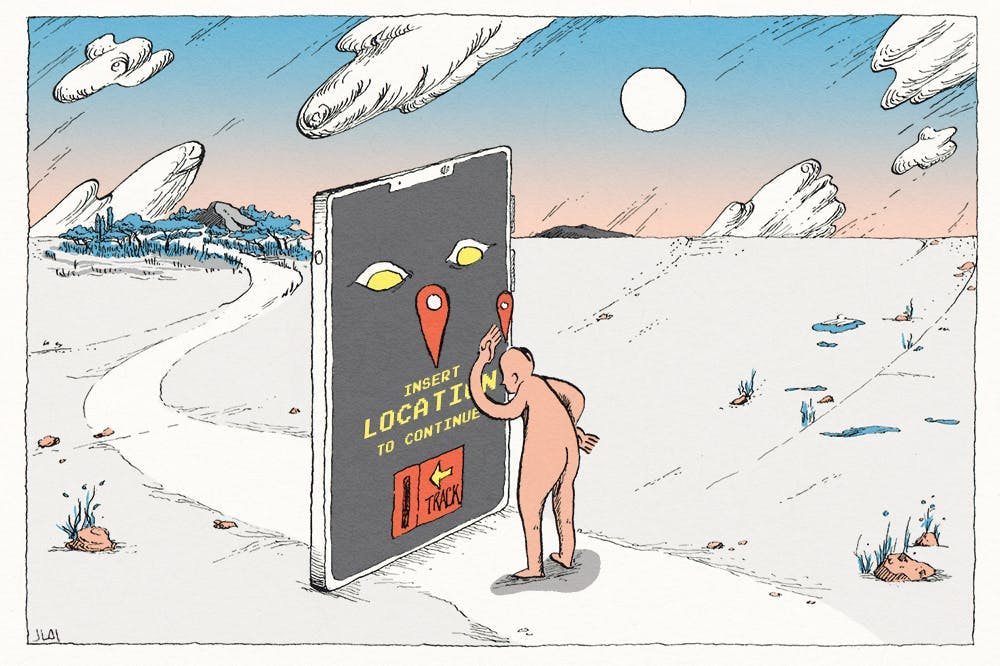
How should my phone ask to collect my location? What would make it a “good” request?
Your location information enables apps to do a lot of neat things. It can also be a sensitive piece of information, which is why your phone doesn't give access to it without your consent. Overall that's a very good thing, but it means the onus is on you to decide: should you say yes when an app asks to use your location?
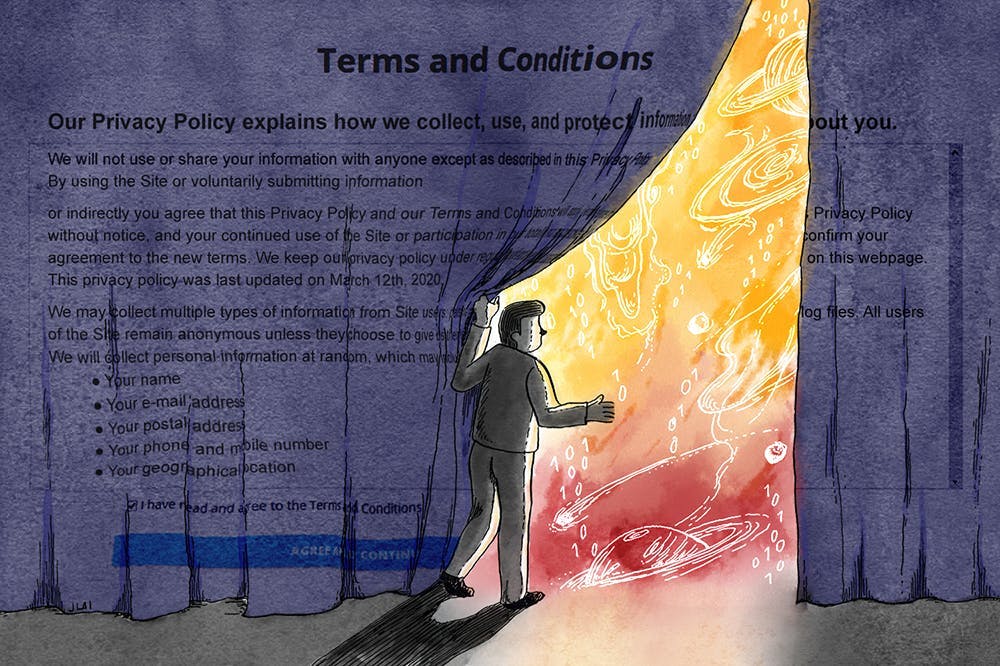
What is data?
We're serious about answering your questions about data and we didn't want to skip over this one. Here's a post to get you started. If it sparks more questions, let us know!
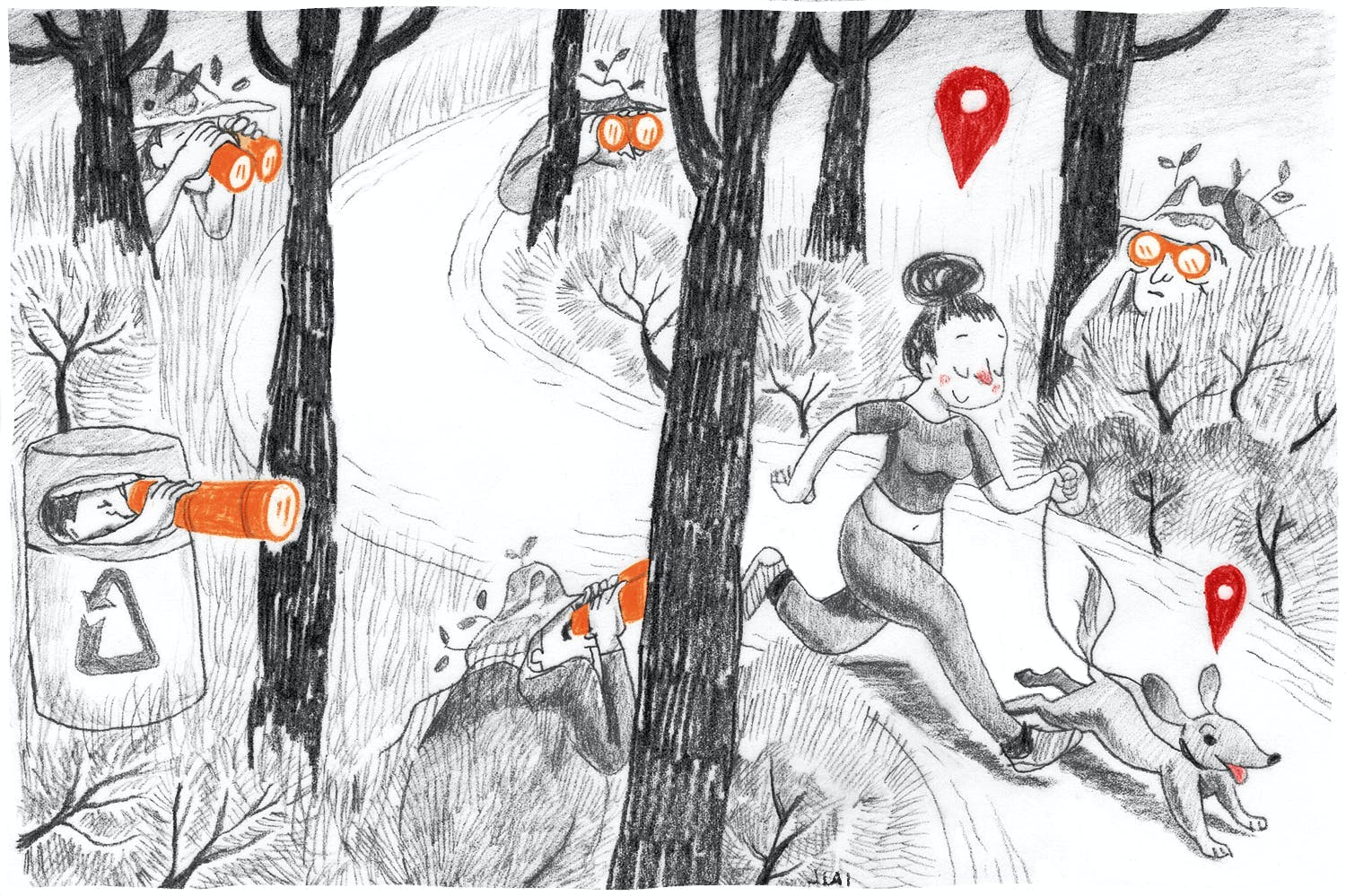
Is my phone collecting my location once, while in use, or all the time?
Your phone apps collect data through a single location data point (once), a one-off trace (when you’re using an app), or all the time through persistent location tracking. Your phone is piecing together a story about you and your habits every time you location-share.
What do you want to know about data, privacy, or technology?
Data Curious is a public resource supported by Good Research LLC in collaboration with the Center for Digital Civil Society at University of San Diego.
To contact us, send us an email at hello@datacurious.org.